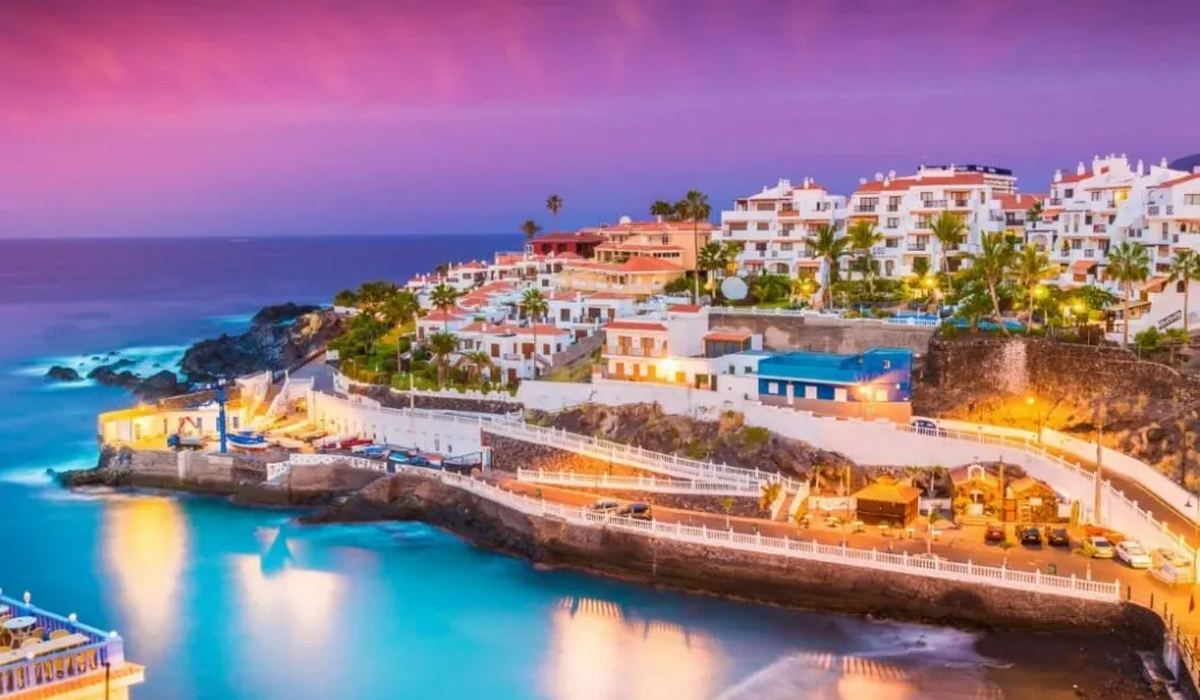The Canary Islands have approved sweeping new regulations that freeze all new holiday rental licences for the next five years, marking one of the most aggressive crackdowns on short-term tourist rentals in Europe. Authorities say the measure is intended to curb soaring housing costs and return properties to residents — but investors warn the move could destabilise property markets in hotspots such as southern Gran Canaria and Tenerife.
Holiday rentals become a regulated business — with no new licences allowed
Effective immediately, holiday rentals are legally reclassified as a formal business activity, ending the years-long grey zone that allowed thousands of Airbnb-style listings to proliferate unchecked.
Platforms like Airbnb, Booking.com and Vrbo now fall under tightened oversight, while municipalities gain new powers to control density and designate where tourist rentals are allowed.
The centrepiece:
❗ A five-year moratorium on issuing new Vacation Rental (VV) licences.
Only properties already registered remain valid — sparking a last-minute rush for existing permits.
Big shock for investors and developers
The freeze has sent ripples through the southern resorts of Gran Canaria, where short-term rentals dominate neighbourhoods like Playa del Inglés and Maspalomas.
“This is a blow to expansion strategies,” says Elena Vargas of Canary Invest Group. “Investment funds are sidelined overnight.”
Market consequences are already emerging:
-
Licensed apartments may rise in value due to scarcity.
-
Unlicensed and new-build units could see a drop of 15–20%, as they lose tourism potential.
-
Developers with off-plan projects intended for holiday rentals now face major uncertainty.
Even more concerning for owners: the government is considering restricting the transfer of licences, meaning a VV licence may no longer pass to a buyer or even heirs — potentially slashing resale values dramatically.
Municipal “patchwork risk” ahead
Local councils now have the power to:
-
cap tourist rentals at 10% of total housing (20% on smaller islands)
-
set density limits
-
create exclusion zones near beaches, historic centres, or over-touristed districts
Industry groups warn this could create a fragmented regulatory map:
“One town may allow limited growth, another may block it entirely,” says the Canary Islands Real Estate Association. “Return on investment becomes unpredictable.”
Tourism boom vs. housing crisis
The Canary Islands are experiencing record tourism numbers:
-
10.3 million international visitors from January to August 2025
-
€15 billion in tourism revenue
-
Projections of 14+ million visitors for the full year
But the same boom has pushed locals out of rental markets and intensified protests — most notably in Tenerife, where thousands marched under banners reading “Airbnb is evicting Canarians”.
Regional President Ángel Víctor Torres defended the reform:
“We must return housing to residents, not just platforms.”
All existing rentals must register by mid-2026, with fines up to €300,000 for violations.
A trend spreading across Europe
The Canary Islands follow broader EU and Spanish trends:
-
Since April, mainland Spain requires 60% neighbour approval for new tourist rentals.
-
Cities like Lisbon, Barcelona, Amsterdam and Florence are restricting holiday rentals to curb overtourism and housing shortages.
What’s next?
With winter bookings underway, the freeze raises major questions:
-
Will limiting supply stabilise local housing — or push prices even higher?
-
Will tourists shift to hotels, changing the islands’ accommodation mix?
-
Will investment capital flee to more permissive markets, such as mainland Portugal or Greece?

